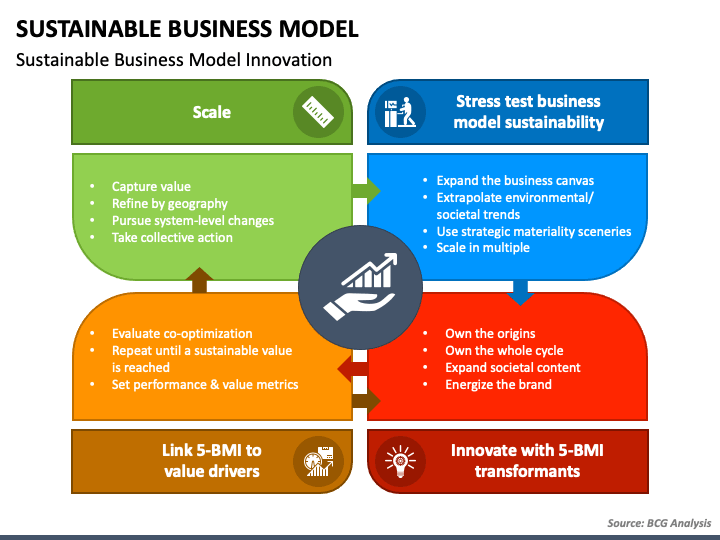
Sustainable Success: Future-Proof Business Models
In the era of environmental consciousness and social responsibility, businesses are increasingly shifting towards sustainable business models. This article delves into the significance of sustainable practices, explores key elements of eco-friendly business models, and emphasizes their role in securing long-term success.
The Imperative of Sustainable Business Models
Sustainable business models are not just a trend; they are a necessity in a world facing environmental challenges and heightened social awareness. The imperative lies in businesses recognizing their role in mitigating environmental impact, promoting social equity, and ensuring economic viability. Adopting sustainable practices is a strategic move that aligns businesses with changing consumer preferences and global expectations.
Triple Bottom Line: People, Planet, Profit
At the core of sustainable business models is the concept of the triple bottom line—considering people, planet, and profit. Successful sustainability strategies balance economic profitability with social responsibility and environmental stewardship. Businesses that prioritize all three aspects contribute to the well-being of society, minimize ecological harm, and maintain financial viability for long-term resilience.
Circular Economy and Resource Efficiency
A key element of sustainable business models is the adoption of a circular economy approach. This involves minimizing waste, reusing materials, and recycling resources in a closed-loop system. By prioritizing resource efficiency, businesses reduce their ecological footprint, contribute to waste reduction, and create a more sustainable supply chain.
Renewable Energy Integration
Transitioning to renewable energy sources is a fundamental aspect of sustainable business models. By investing in solar, wind, or other renewable energy options, businesses can reduce their reliance on fossil fuels, decrease greenhouse gas emissions, and contribute to the global shift towards clean energy. Renewable energy integration is not only environmentally responsible but also economically advantageous in the long run.
Supply Chain Transparency and Ethical Sourcing
Sustainable business models prioritize supply chain transparency and ethical sourcing. Consumers today are more conscientious about the origins of products and the ethical treatment of workers. Businesses that ensure transparency in their supply chains and adhere to ethical sourcing practices build trust with consumers, enhance brand reputation, and contribute to fair labor practices globally.
Innovation for Sustainability
Innovation plays a crucial role in developing sustainable business models. Whether it’s adopting new technologies, creating eco-friendly products, or finding innovative solutions to reduce environmental impact, businesses that prioritize innovation contribute to the ongoing evolution of sustainability practices. Embracing a culture of innovation allows businesses to stay ahead in a rapidly changing landscape.
Stakeholder Engagement and Social Impact
Sustainable business models emphasize stakeholder engagement and creating a positive social impact. This involves understanding and addressing the needs and concerns of various stakeholders, including employees, customers, communities, and investors. Businesses that actively engage with their stakeholders foster a sense of shared responsibility and contribute to the overall well-being of society.
Regulatory Compliance and Risk Mitigation
In an era of increasing environmental regulations, businesses adopting sustainable models position themselves for regulatory compliance. Beyond compliance, these models also mitigate risks associated with environmental and social issues. Proactively addressing sustainability concerns helps businesses avoid legal complications, reputation damage, and financial risks.
Measuring and Reporting Sustainability Metrics
Measuring and reporting sustainability metrics are integral to sustainable business models. Key performance indicators (KPIs) related to environmental impact, social responsibility, and economic performance provide businesses with insights into their sustainability efforts. Transparent reporting communicates these efforts to stakeholders, building trust and accountability.
Embracing sustainable business models for Long-Term Prosperity
In conclusion, sustainable business models are not just ethical choices; they are strategic decisions that contribute to long-term prosperity. This platform provides insights, resources, and solutions for businesses embarking on the journey towards sustainability. By embracing eco-friendly practices and integrating sustainability into their core strategies, businesses can future-proof themselves, align with global values, and pave the way for a more sustainable and prosperous future.
